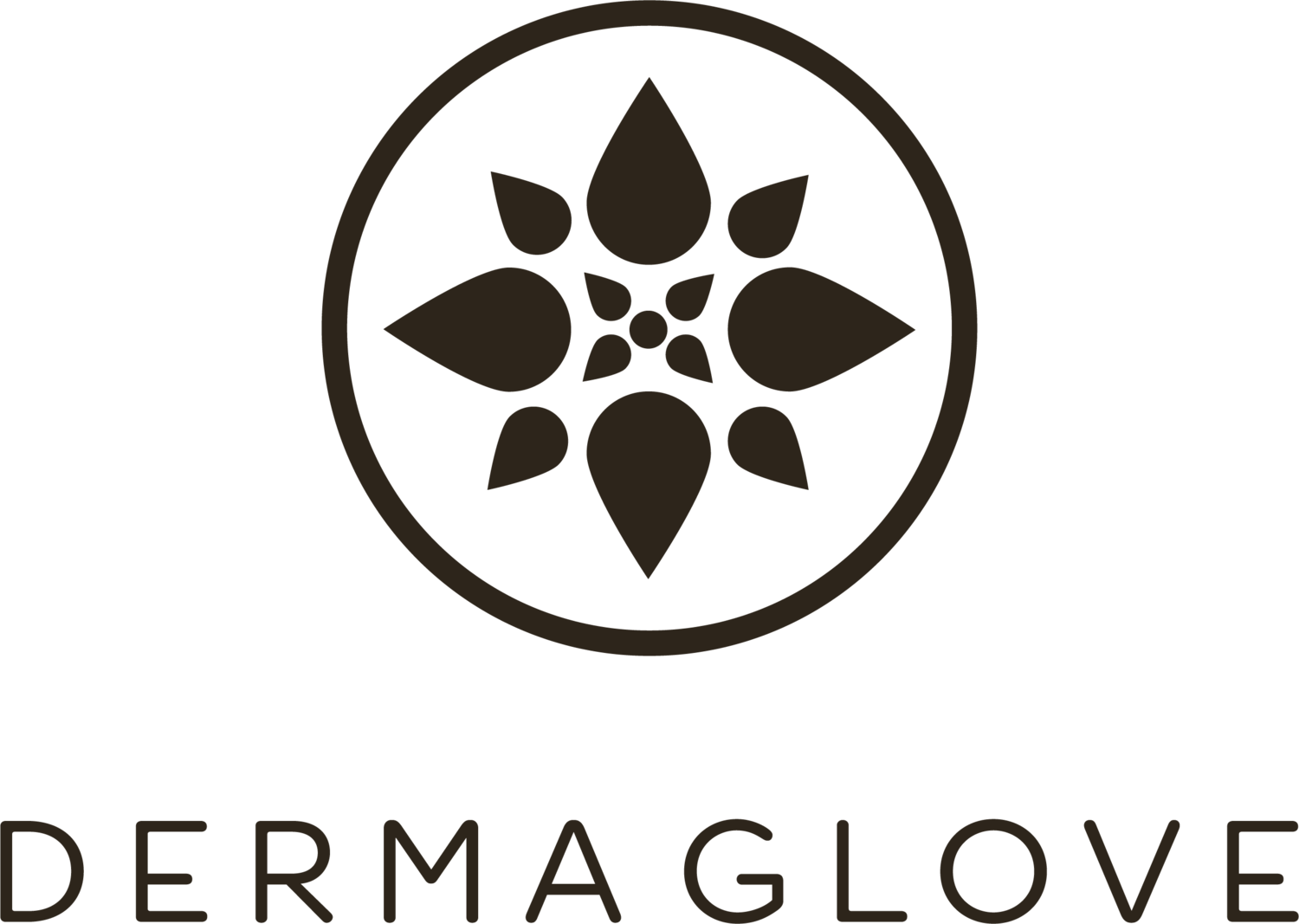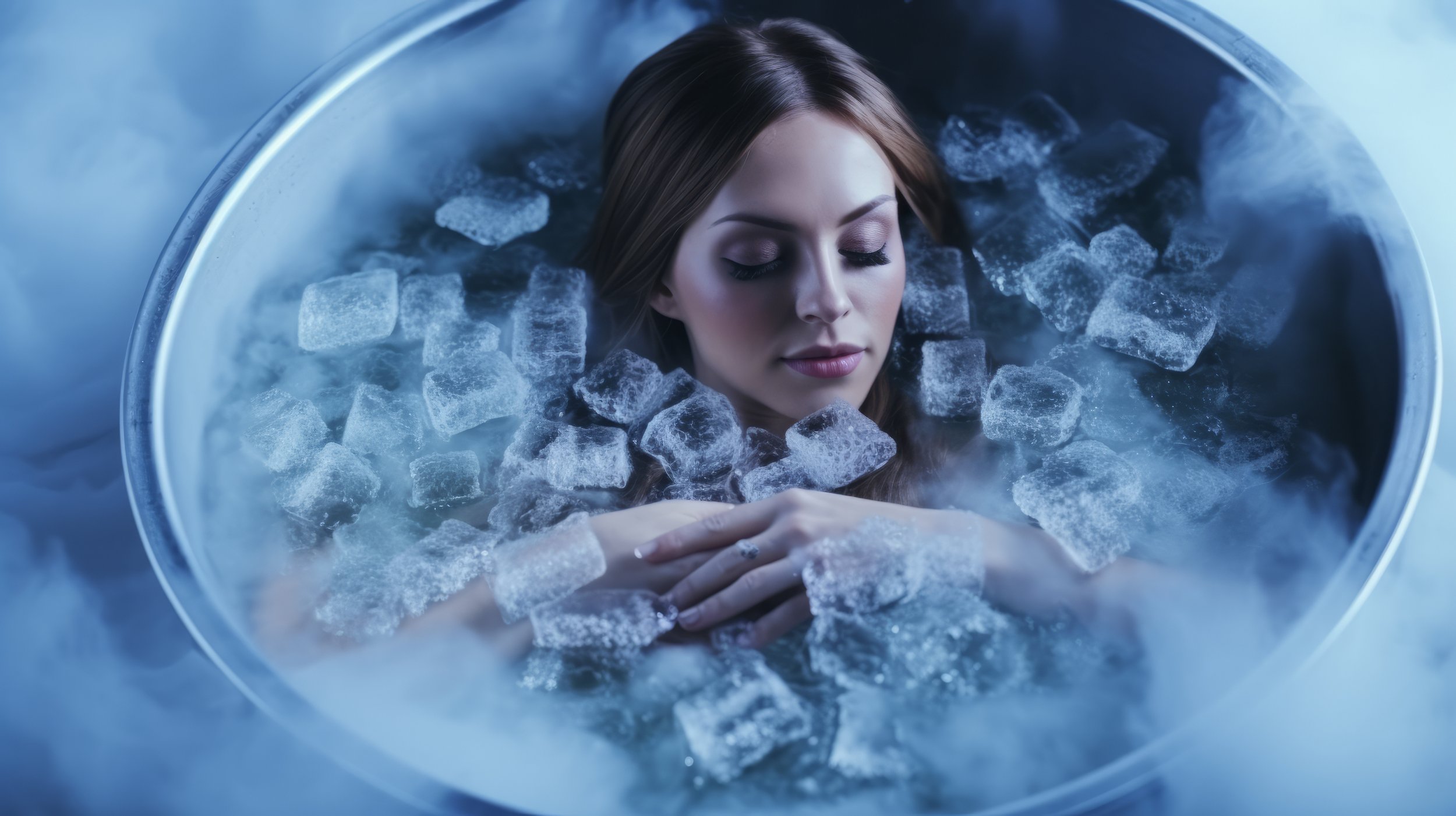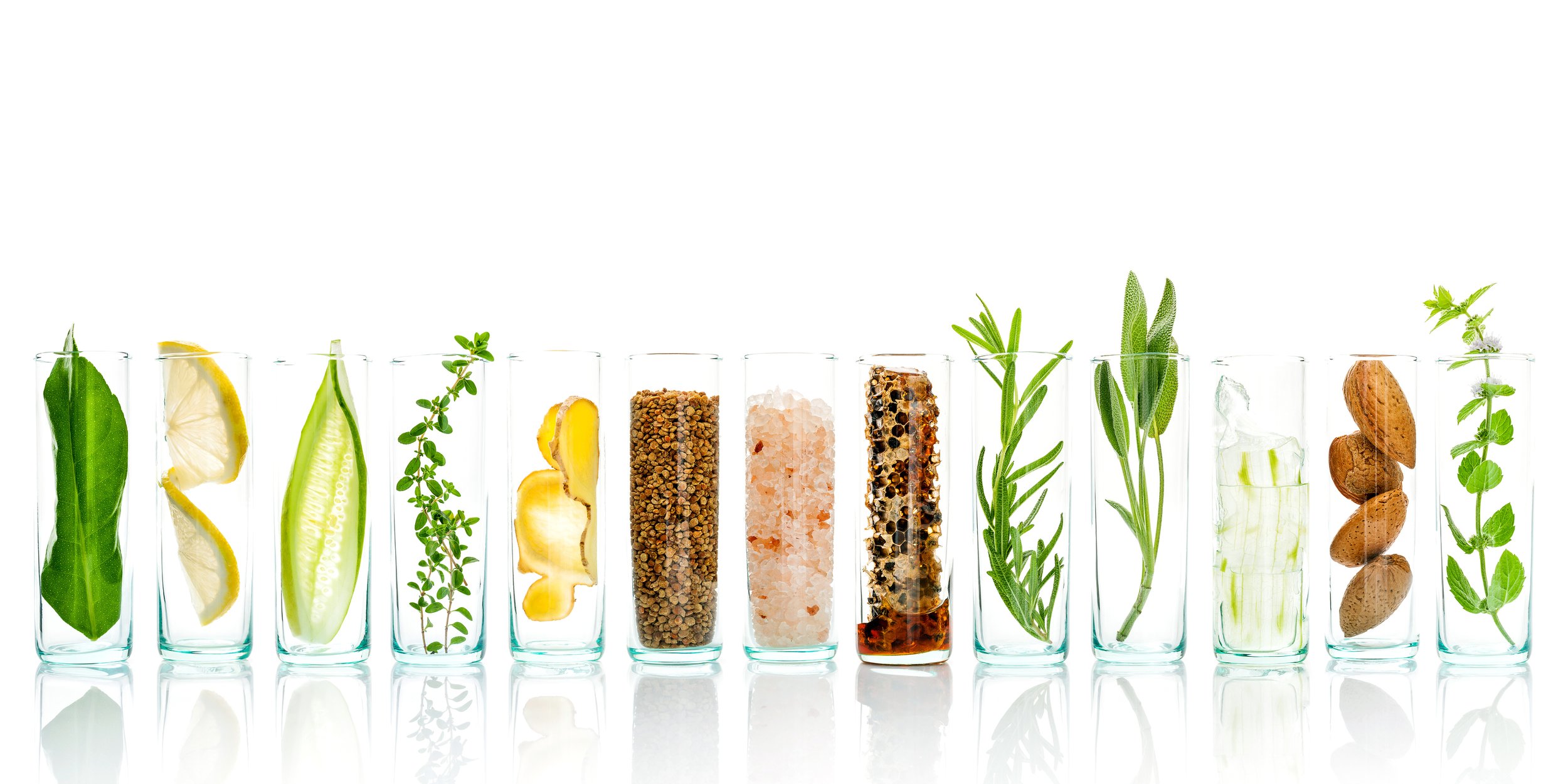OPTIMAL TEMPERATURE FOR SLEEP: CHECK YOUR THERMOSTAT
During the winter, many households sleep with the heat on, putting their optimal sleep temperature at risk. Many experts believe this is a bad habit. Sleeping with the thermostat above 65 degrees makes it difficult for you to drift off and sleep soundly. Sleeping in a warm environment not only affects your sleep patterns, but dehydrates the skin, and dries out your sinuses.
Running the heat while you rest can cause the human body to experience above-optimal temperature levels. These less-than-optimal temperatures cause overheating and a restless night. This is a fact-based theory, which is all about the body’s internal temperature. The Sleep Foundation explains: “Your body temperature generally hovers around 98.6°F (37°C) but fluctuates about 2°F throughout the night. This slight drop in temperature starts two hours before you fall asleep and coincides with the release of the sleep hormone "melatonin.”
The optimal temperature versus skincare
As humans, we enjoy the feeling of getting into a warm, cozy bed. Leaving, many households to run their thermostat above the optimal temperature of 65 degrees during the night. Running such high temperatures not only damages the skin but harms the person's overall well-being. This is a seasonal issue that typically begins when we turn on central heating during the colder months. Reducing the temperature inside your bedroom while you sleep improves the body’s ability to maintain a healthier skin barrier and immune system.
The human skin is considered the body's largest organ. Any increase in temperatures above optimal levels, decreases humidity inside the room, leading to you losing your skin's moisture into the atmosphere. Sleeping in warm temperatures not only dehydrates the skin but depletes the mucous inside of the sinuses. This depletion leads to a reduction in the production of saliva.
Why is saliva so important?
Because it is needed to protect your teeth, mouth, and throat.
Skin damage occurs when moisture levels drop. This decrease in moisture results in the skin becoming dehydrated. This decrease in moisture affects our unique natural skin barrier which is the first line of defense against exposure and other environmental risks.
Therefore your body must remain hydrated and supported by natural skincare products for this natural barrier to function correctly. This barrier protects you, as mentioned earlier, from the elements by producing your own natural oils and lipids. This natural barrier begins at the cellular level and flows from the skin cells through the pores and onto the skin's surface acting as your defensive shield.
Your body’s immune system is supported through this function. A thing to remember is that a healthy exterior barrier is necessary to support and strengthen your body’s ability to defend itself.
The moral of the story is that sleeping in a warm environment can harm your overall health. Think twice when setting your thermostat above optimal-levels




